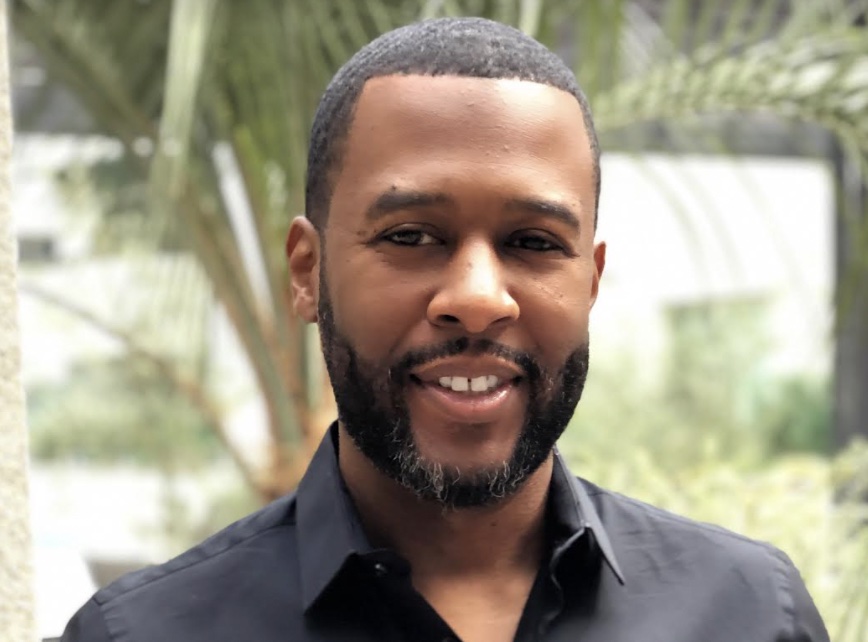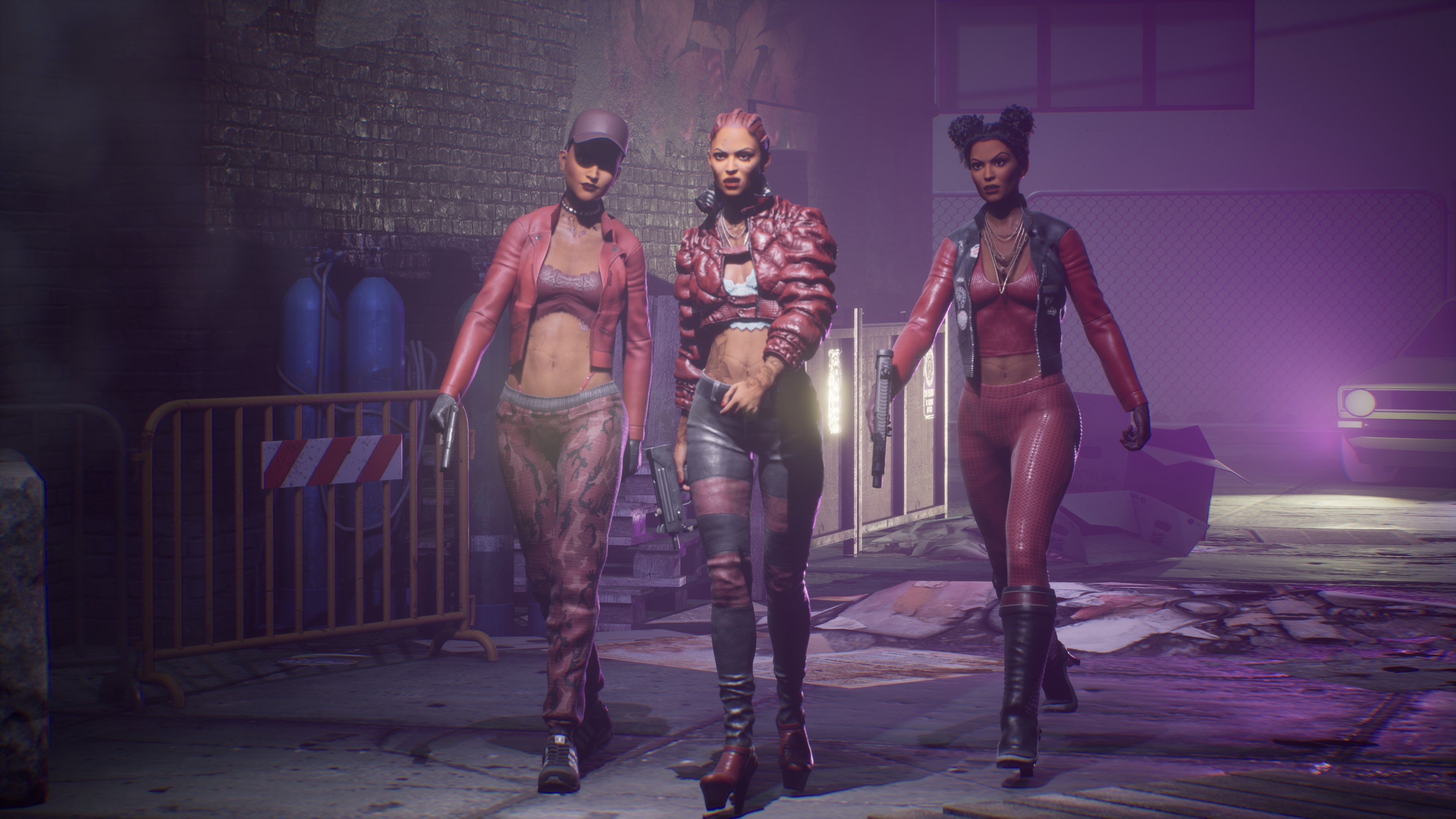In the world of high technology, it’s common to hear that we are living in the era of Web 2.0 – a version of the internet largely driven by user-generated social media content and dominated by just a handful of “big tech” conglomerates.
This term, coined by web designer and author Darcy DiNucci, differentiates the internet of today with its predecessor, Web 1.0, which required a computer to access and did not include today’s sophisticated social media platforms or mobile applications.
Now, a growing number of investors, analysts and startup founders are betting that the next phase of the internet’s development is on its way.
The concept they have embraced is called Web3, and supporters of the term and vision include a host of companies and venture capitalists operating in the Los Angeles area.
The Web3 idea, popularized by computer scientist Gavin Wood, calls for a less centralized and more community-driven internet enabled by blockchains, or digital ledgers, which can facilitate financial transactions and track ownership of digital items. Most content on Web3 won’t be owned or overseen by a gatekeeper but by its creators and users.
Already Los Angeles has become a hub for the fast-growing non-fungible token or NFT industry, a core part of the Web3 concept. Digital goods, however, are only one aspect of this hypothetical future, and the possibilities offered by Web3 technologies could transform businesses in Los Angeles and beyond.
Investor Jason Yeh, co-founder of Santa Monica-based venture capital firm Patron, said the Web3 concept is already driving major shifts in L.A.’s sizable video game industry.
“A lot of the smartest builders, product people and engineers at gaming companies are leaving to build in Web3,” said Yeh, who spent eight years at Sawtelle-based Riot Games Inc. before moving into the venture capital world.
Patron launched last year and announced its first fund in October. Yeh said the firm, which has so far invested in nine startups, is not exclusively focused on the gaming industry but sees video games as a place where many internet users may first encounter blockchain technology, NFTs and other features of Web3.
“We’re still very early,” said Yeh. “The audience for people who are already into crypto or buying and trading NFTs is pretty limited when you look at the overall consumer internet landscape.”
‘Intuitive introduction’
Right now, blockchains are used mainly in the management of cryptocurrency transactions and the sale of NFTs. Advocates of the technology, however, note that blockchains can also be used to handle an array of other functions, from data storage to formulation of contracts and even voting.
In the gaming industry, blockchains have already been utilized to give players new character customization options and the opportunity to gain digital rewards while playing.
Sherman Oaks-based Mythical Inc. is one of the most visible gaming companies taking advantage of blockchain technology. Last year, the company launched its first title, “Blankos Block Party,” an open-world game featuring NFT characters that can be customized and controlled by players. Because NFTs exist on a blockchain, these characters are owned by players and can be sold and traded outside the game world.
Yeh said games may be a more intuitive introduction to blockchain technology than cryptocurrency or other uses that might feel more risky, complicated or intimidating.
“One of the things that we’re excited about is that gaming can be an onramp into this new business model,” said Yeh.
Gaming is already an industry that supports active and engaged communities, and community participation is one of the core concepts embraced by Web3 proponents.
Already, studios like Mythical and Vietnam-based Sky Mavis have integrated blockchain-based features into games that give players greater control over their in-game experience—and even the opportunity to earn participation-based rewards in the form of cryptocurrency, tokens or NFTs.
“One thing that’s really exciting about Web3 is the idea that, as a community member contributing time and energy toward different activities – whether a game or some other consumer product – there’s potential to participate in the upside of that company or product,” said Yeh.
South L.A.-based DNABlock Inc. is another company looking to deliver new customer experiences on the blockchain – but in storytelling rather than gaming.
DNABlock operates a digital animation platform that allows users to create and customize characters, which can then be brought to life through motion-capture technology. Advances in software and smartphone camera technology are making this once-cutting-edge technology accessible to a wider base of users, said Chief Executive Anthony Kelani, and blockchains offer an efficient way to store and share content created through the platform.

DNABlock’s platform allows users to upload avatars or animated videos to a blockchain as an NFT, said Kelani. They can then sell or trade content with others and even collaborate on projects, with the blockchain holding a record of changes made to an original file.
“We allow for that seamless transfer of assets between different people using the blockchain,” said Kelani. “It allows people to remix other pieces of content… a creator on our platform might not even have to start from scratch. They can create a new piece of content from an original that someone else created.”
Scott Brook, a former Illumination Entertainment executive and DNABlock’s chief strategy officer, said that the hype generated by NFTs over the last year is not just a product of speculative investment in digital collectibles as an asset. It’s also a result of communities forming around specific product lines and items.
“These NFTs are becoming characters with their own lore within these communities,” said Brook.
Such communities often develop via the audio communication and messaging platform operated by Discord Inc., within servers open only to fellow NFT owners. Truly enthusiastic collectors and creators may also join decentralized autonomous communities – organizations operating on a blockchain that can be used to facilitate collective ownership of digital assets.
“What’s completely crazy about Web3 is it completely changes notions of intellectual property ownership,” said Brook. “In a lot of these (blockchain) communities, the intellectual property is held by all of the community. And these communities can have marketplaces and tokens and a whole ecosystem.”
Web3 advocates say groups like these could eventually become something akin to virtual studios, collaboratively producing videos, games and other digital items—while sharing in the profits.
It remains to be seen whether this vision for radical decentralization will be fully realized, but investors like Yeh are betting that it’s only a matter of time before technologies enabled by Web3 technologies usher in a larger transformation of the internet and its users.
“It’s this idea of building authentic communities and allowing them to feel like they are a part of the product, or really that they are the product,” said Yeh.

